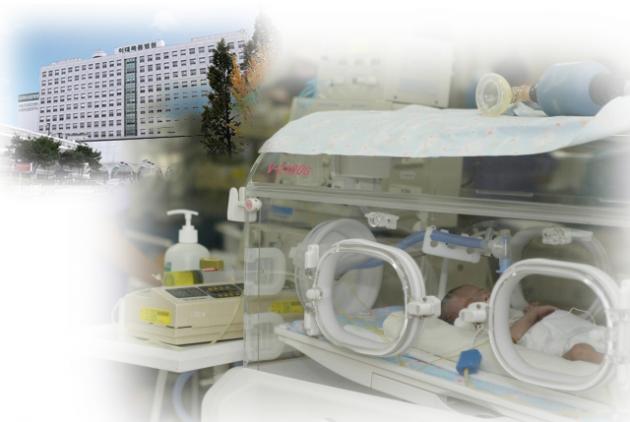Top 10 Medical News ④

The death of four newborns at Ewha Womans University Medical Center’s (EUMC) intensive care unit has re-illuminated the poor infection control in hospitals. The case drew attention as all four infants went into cardiac arrest at EUMC’s neonatal intensive care unit on Dec. 16 and died in less than two hours.
The Korea Centers for Disease Control and Prevention (KCDC) revealed that that three of the four babies had the same antibiotic-resistant strain of Citrobacter freundii on Dec. 18. Six days later, authorities additionally detected Citrobacter freundii in nutritional injections administered to the newborns.
After the reports were made public, experts claimed there was a high possibility that the cause of death was the contaminated fluid of antibiotic-resistant bacteria in the infusion solution given to the infants.
EUMC is under investigation by the police, and the government has suspended all redesignation of general hospitals pending the investigation. The suspension is the first time since the government introduced the system. The Ministry of Health and Welfare plans to provide safety measures based on the results of the current safety checkups of the neonatal intensive care unit.
The infant death at EUMC has also highlighted once again the Middle East Respiratory Syndrome (MERS) outbreak in 2015. During the MERS incident, the National Assembly criticized the KCDC for lack of countermeasures against the epidemic. Although the government has enacted various infection control measures since the incident, the medical field, including the neonatal intensive care units, is still suffering from medical personnel shortages.

